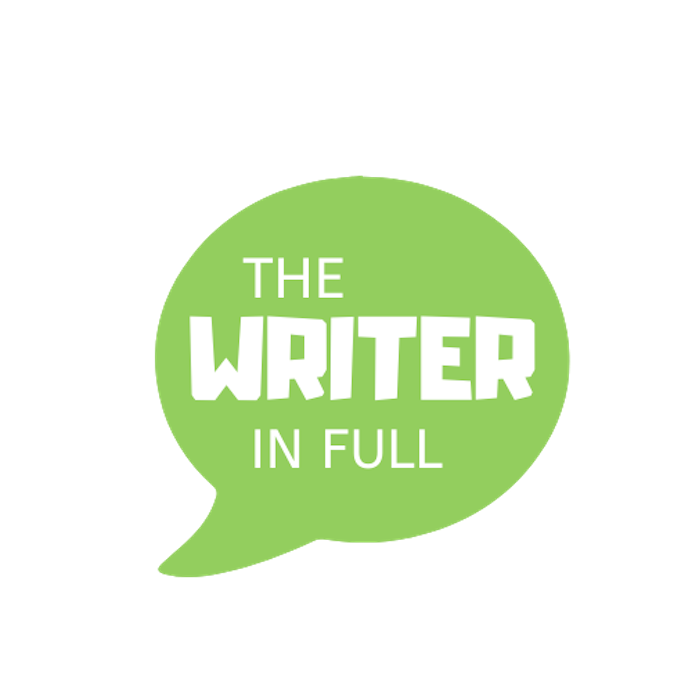The Beauty of Not-Doing
“What a joy it is to do nothing and then rest afterward.”
—Spanish Proverb
When I was 12, I read a story in a supermarket tabloid about a guy who was so tired of his nagging wife and needy kids that he rigged up a large casket with a steady oxygen supply and had himself buried alive underground for 12 months.
He said, as I recall, that he was looking forward to catching up on his sleep.
Back then, the hyperbole was utterly lost on me. I really thought someone had done this.
Now that I’m almost 40 and married with a kid, I recognize the story must have been satire, but the sentiment seems as logical to me now as it did to me then.
For so many of us, life is overfull. We can’t keep an hour empty, even if we try. An opportunity to shutter ourselves away for a season (or four) would be downright irresistible, even if it meant consenting to being buried alive.
When I’m confronted with a rare free stretch of time these days, no matter how minuscule, I feel an almost desperate compulsion to use it intelligently. A million possibilities flit across my brain, and, almost automatically, I begin to assemble a Could-Do List: Hang some art. Clean the fridge. Run. Shower. Return my aunt’s phone call. Or maybe bank that leisure time by getting ahead on tomorrow’s work.
The sad truth is, there often isn’t ample time to make headway on most of the things I’d like to accomplish.
Mostly, I split the difference and do what I can. Sometimes, though, I employ an old Buddhist mindfulness trick: I let all my Could-Dos materialize before me, and then I just watch them float on by.
They take form, I greet them, and I then send them on their way, relishing the feeling of possibility they engender, but relishing, too, the knowledge that Not-Doing is also a form of action.
I’m competent and sound enough of mind and body to utilize my time in all sorts of productive and pleasurable ways. Recognizing this, believing it fully, and still opting to do none of the above feels wonderfully subversive and restorative and even essential.
We must get so much done in any given day’s time. The heart must beat 100,000-or-so times, the lungs must draw in 19-or-so cubic feet of oxygen, our feet and knees must carry us forth 3,000-10,000 steps on average, our brains must recall rules and appointments and passwords and promises and first names and phone numbers.
Work needs doing, teeth need brushing, babes tending, flowers watering, pickles brining, doors locking, floors sweeping, phones charging, toilets flushing, friends calling, partners nuzzling, underwear changing, chicken thawing, pillows fluffing, passions tending.
The world’s counting on us!
So it’s do, do, do, until we drop, and there’s an exhausting brilliance to the whole rhythm of it: A full life, lived fully, savored through and through, even in the thick of the tedium and exhaustion.
It’s a thing of beauty, this largeness of obligations. It’s an honor and a gift to be required, indispensable. To do work that matters, to ourselves and to others.
But it is also an incredible weight to bear, day after day, until we’re finally dead (or secreted away alive six feet beneath the daisies because we’re seriously gonna lose it if we don’t get some GODDAMN PEACE AND QUIET).
Please don’t forget: You can count the value of a day's work not just in the tally of words written or phone calls made or checks cashed, but also in ideas generated, concepts marinated, new mental connections forged, old mental connections reaffirmed, fresh seeds of ideas germinated.
You can count your forward progress in minutes of rest and repose, or in the semantic distance you permitted your tired mind to wander.
And so, might I suggest — just once in awhile! — assembling your formidable Could-Do List, then repairing to the hammock to watch it drift on past?
Trust me: there’s deep satisfaction to be wrested from a little strategic Not-Doing.





